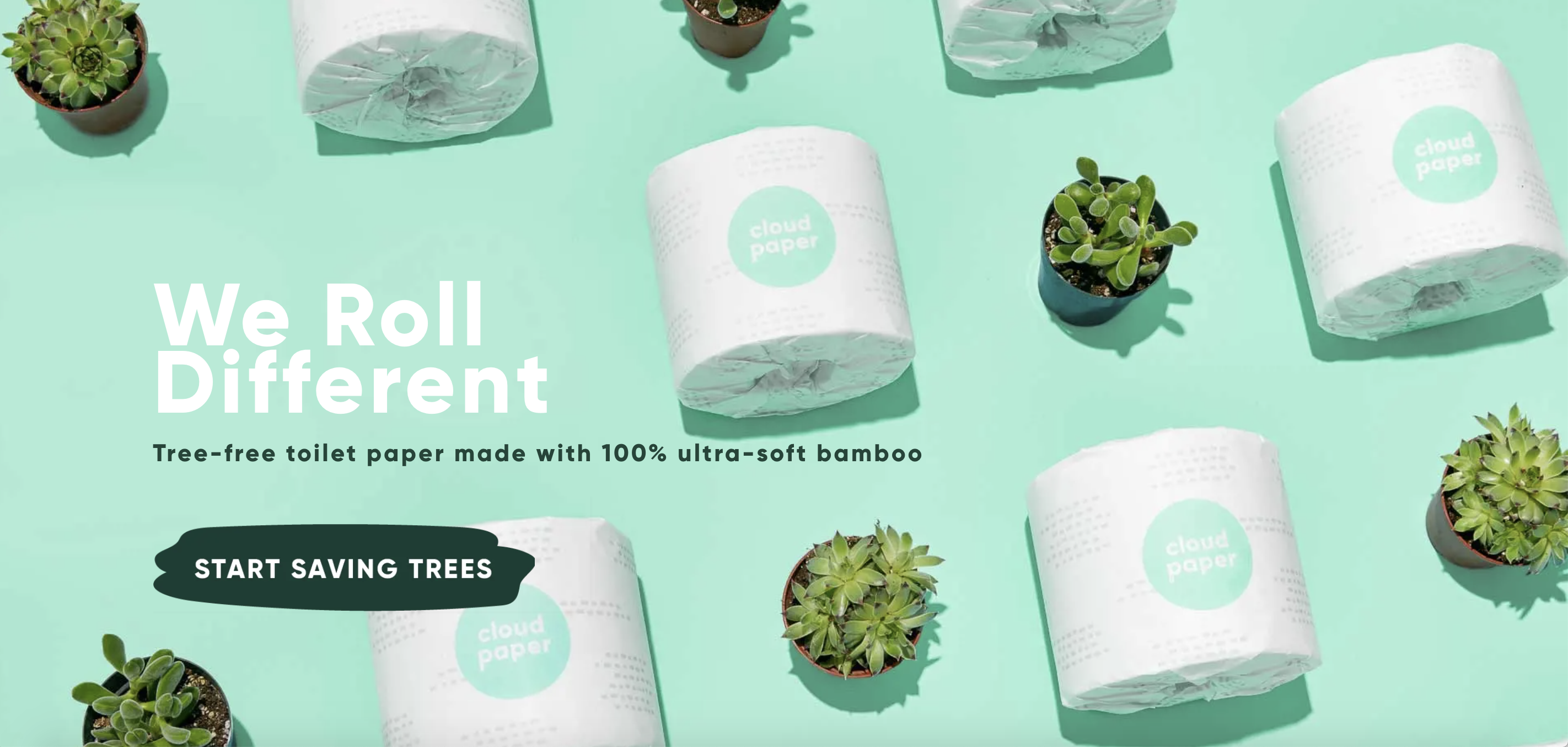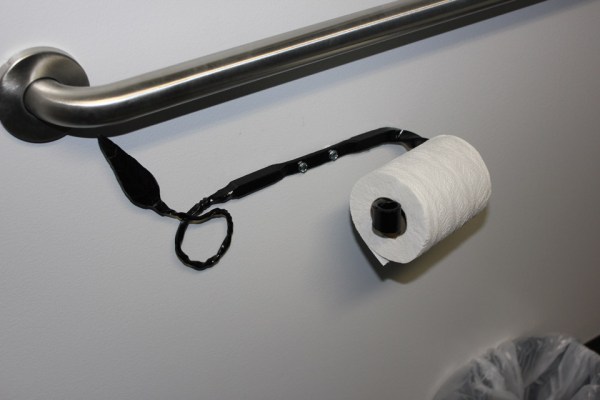A slew of big name entrepreneurs and celebrities are really circling the drain with their latest investment.
Led by Greycroft, a who’s who of celebrity investors, including Mark Cuban, Marc Benioff, Iron Man and Pepper Potts (er… Robert Downey Jr. and Gwyneth Paltrow), Uber’s chief executive Dara Khosrowshahi, Seattle Seahawks quarterback Russell Wilson, Ashton Kutcher and Guy Oseary, and Code.org founder Hadi Partovi are investing $3 million into the new toilet paper brand Cloud Paper. (Grammy Award-winning singer/songwriter Ciara, serial-entrepreneur Grant Ries, Muse Capital, and Ashley and Marc Merrill are also backing the company.)
Why? Because they’re hoping to save the environment.
Founded by Ryan Fritsch and Austin Watkins, two former employees of Khosrowshahi’s at Uber who went on to take roles at the logistics startup Convoy, Cloud Paper is one of several companies trying to get consumers to make the switch to bamboo-based toilet paper. But it may be the only one to get such high-profile investors to flush it with wads of cash.
A year-and-a-half in the making, Cloud Paper began when the two colleagues started talking about launching their own business, but one that could have an immediate impact on the climate crisis they saw as the most pressing societal issue.

Image Credit: Cloud Paper
They settled on toilet paper because of its massive contribution to deforestation, a key contributing factor to climate change. According to statistics provided by the company, 15% of deforestation is due to toilet paper production alone, and roughly 40,000 trees per day are cut down for U.S. consumers to wipe up (with toilet paper and paper towels. The company estimates that an average household could save more than 250 trees by switching to bamboo based toilet paper (ideally theirs).
“We wanted Cloud Paper to be a force for good in the world,” said Watkins. “We wanted to find something similar to taxis and trucking in terms of the size of the market and something that could have a really big impact on the community and the environment from day one.”
To ensure that impact, the company is offsetting twice the amount of carbon emissions that are generated from its business operations and has done so since day one, the founders said.
Currently, the company sells directly to businesses, which were its initial market, and has recently launched a direct to consumer service where its sells its bamboo toilet paper at a cost of $28 for 24 rolls. A price point roughly in line with the industry’s going rate for rolls.
“We have been investing in several companies over the last five to 10 years that have been in this vein,” said Greycroft venture partner Alison Lange Engel. What compelled the firm to back Fritsch and Watkins was the background in logistics and consumer products and the business-to-business focus that the two entrepreneurs initially went to market with, Engel said.
And the selection of bamboo as the source product was no accident. “Bamboo sequester more carbon and releases more oxygen,” said Fritsch. “It’s a magical plant to keep growing and harvesting… especially when the alternative is an old-growth forest.”
